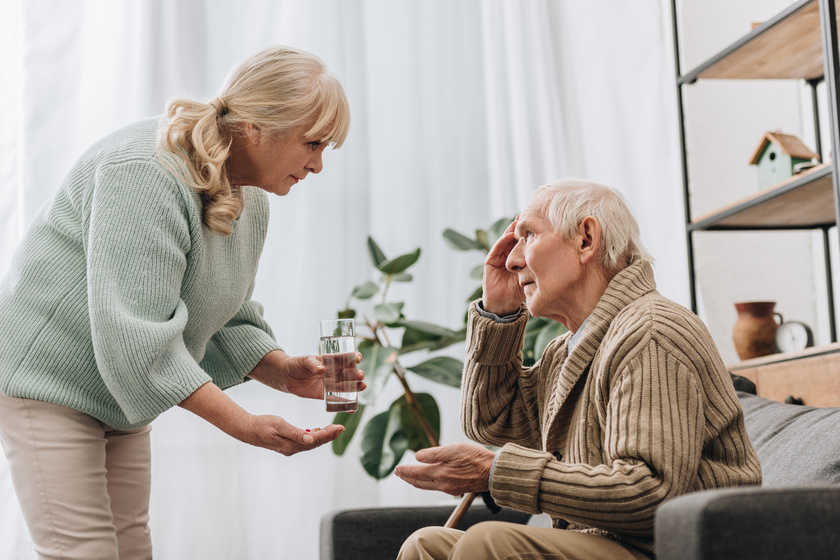Caring for your loved one with dementia is not always a walk in the park. While you can have their best intentions at heart, it can still be a strenuous and challenging task. People suffering from complex brain disorders like dementia often struggle with communicating, behavioral and personality disorders, thinking clearly, remembering things, and practicing self-care. All these symptoms make it difficult for caregivers to provide adequate care for their loved ones with dementia. With the right information and guidance, you can learn the proper way to care for your loved one with dementia:
Helping Them with Personal Hygiene
People with dementia often struggle with maintaining good personal hygiene and may need help remembering to wash, bathe and clean up. However, they may also worry and become anxious about receiving help as personal hygiene is usually regarded as a private and personal activity. How then can you help your loved one? Try these tips:
- Endeavor to replicate your loved one’s hygiene routine.
- Ensure they feel safe by giving them maximum protection and cover during showers.
- Use handheld showers and other safety features such as shower seats, non-slip bath maths, or grab-bars.
- Regularly provide reassurance and ensure they are not left alone during hygiene practices.
- Use towel bathing if your loved one struggles with using the shower or tub.
- Ask your loved ones how they would prefer you assist them.
Helping with Eating and Nutrition
People with dementia often deal with food-related problems, including forgetting to eat, refusing food, forgetting their favorite meal, asking for unusual food combinations, or not recognizing food. Coupled with dental issues and swallowing problems, they can develop a decreased appetite, which may put them at risk of constipation, headache, and malnourishment. Consider the following to ensure your loved one gets proper nutrition:
- Offer their favorite foods in smaller portions.
- Have a consistent schedule of meal and snack time in their daily routine
- Encourage your loved one to eat independently.
- Eat with your loved one.
- Prepare foods with their dental issues and health conditions in mind.
- If your loved one switches their food preferences, try other flavors.
Helping with Sleeplessness
Sleeplessness is a common symptom of dementia. Anxiety, disorientation, restlessness or other troubling behaviors can cause people with dementia to develop an irregular sleeping pattern and experience sundowning. Due to sundowning, they tend to experience a change in their biological clock, making them confuse night for day and experience sleeplessness. To help your loved one:
- Encourage them to remain physically active during the day
- Restructure their diet and eating pattern as certain foods may affect sleep pattern and duration at night
- Set a bedtime routine
- Ensure they feel safe and protected at night
- Discourage daytime naps
- Ensure their bedroom is comfortable to ensure a night of relaxed sleep.
- If sleeping problems persist, you can talk to a doctor for advice
Caring for Your Loved one at our Retirement Community
With so many busy schedules in your personal life, it might be difficult and strenuous to give your loved ones the best care and attention they need. For their benefit and yours, you might want to consider our senior living options in our retirement community. For seniors with dementia needing assistance, we provide a memory care program that ensures they enjoy 24-hour nursing, on-site medical and therapy service, dining assistance, and many other services. Kindly contact us today!







